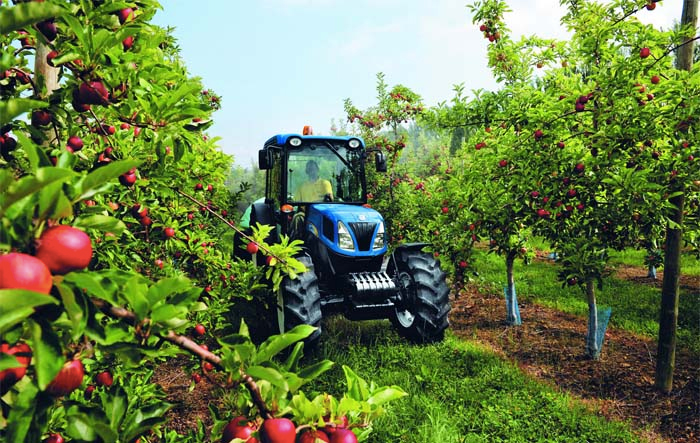Changing shopping habits bring huge opportunities for organic businesses

Changes in the UK’s retail markets and in consumer shopping habits represents greater business opportunities for organic farmers and growers than ever before.
Retail and sector analysts said a strong climate for organic food sales indicates that growers who were able to adapt and respond to changing consumer demands could strengthen their businesses and improve their financial and environmental resilience.
Speaking at OF&G’s National Organic Combinable Crops conference in Suffolk on Tuesday (7 July), Chris Cowan, consumer insight director at Kantar Worldpanel, said the face of UK food shopping was undergoing significant change.
While economic deflation had made the market difficult for retailers, it has led to shoppers buying more food and switching to higher-quality produce.
And with price featuring less on shoppers’ agenda in favour of added-value food with strong provenance, this brought fresh opportunities for the organic sector, he said.
“People are still shopping around, but they are shopping for quality and choice. This means retailers are looking for points of difference to bring people to stores, which is where organic can play an important role.
“The organic market has grown 3.2 per cent over the past year to £829m which is incredibly positive: It appeals to retailers because it brings the grocery sector the value it needs.”
Mr Cowan said there were now real business opportunities for organic farmers who were prepared to innovate and respond to shopper demands, particularly for indulgent and convenience food.
“If the sector works to change the perception that organic simply offers staple foods then there are lots of potentials for the sector,” he added. “Organic already does well with people choosing it for health reasons, now the challenge is pushing the message about added-value and high-quality foods.”
Christopher Stopes, president of EU organic group IFOAM, said there was a positive climate for organic food across the European Union and a greater willingness to keep moving it in the right direction.
And while the UK government could do more to support the sector in terms of procurement and publicly backing organic food and farming, there were new avenues for growers to explore, he added.
“One of the major opportunities will be to increase the production of arable crops to supply feed, because at the moment we are exposed to the threat of low-integrity imports,” he told delegates.
“It’s definitely something we can respond to and we need to work together in the sector to find ways to do it,” he added.
Roger Kerr, OF&G chief executive, said indications from the market showed there were very strong reasons to look at organic production from a business perspective.
“People want good quality, British food, which is what organic offers,” he said. “Consumer research has shown that more people are looking to buy more organic, so the challenge for organic farmers and growers is to ensure we have the products available in the UK to fulfil that demand.”








